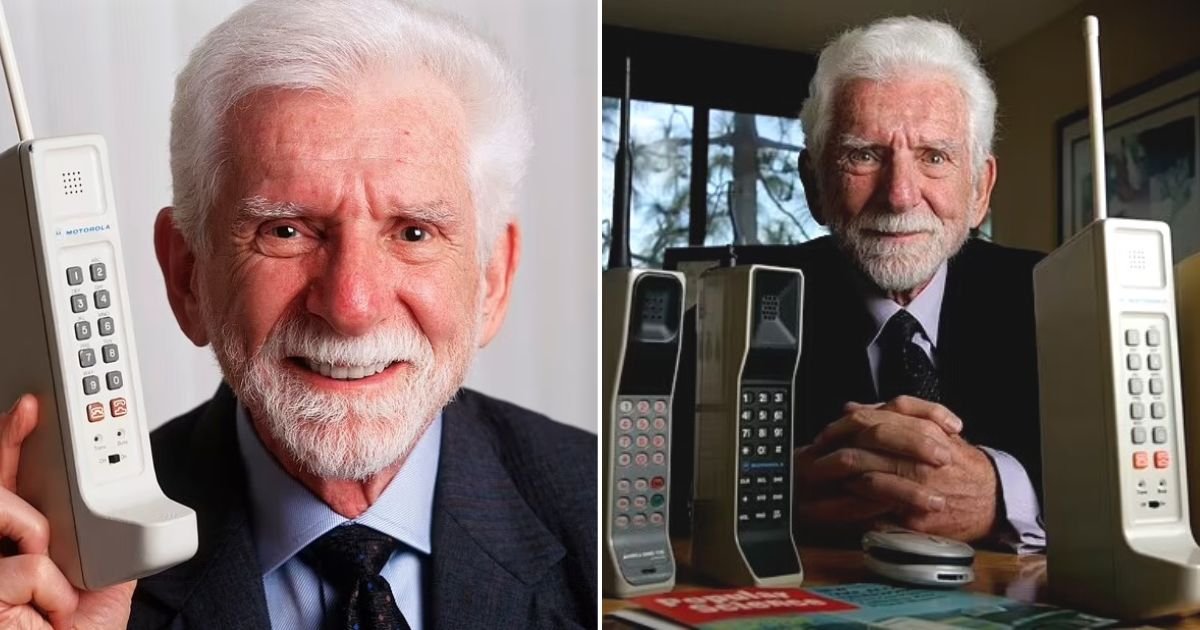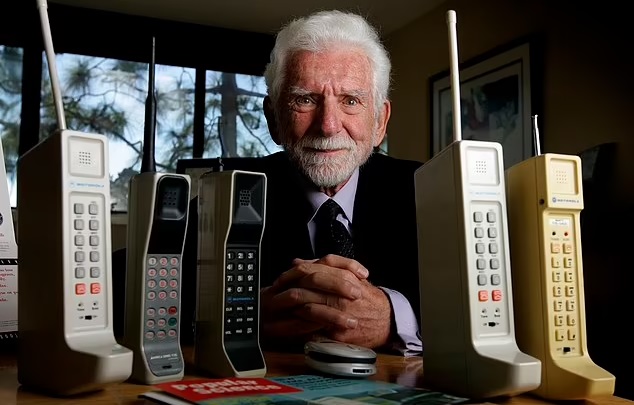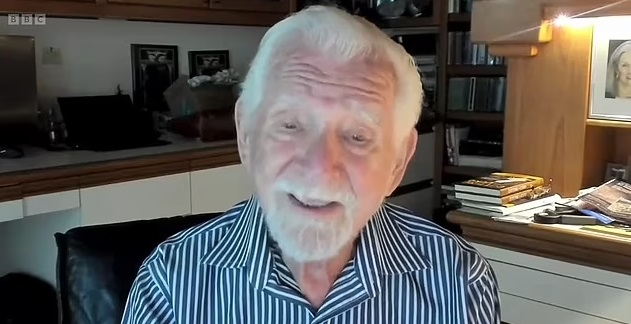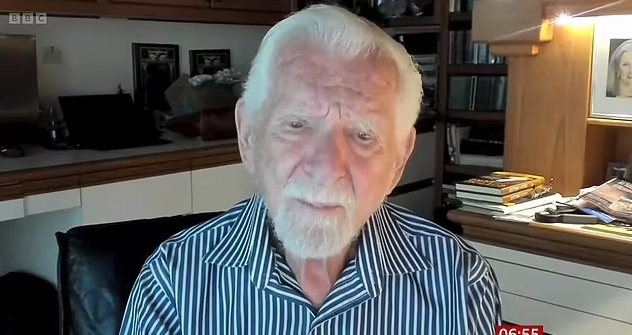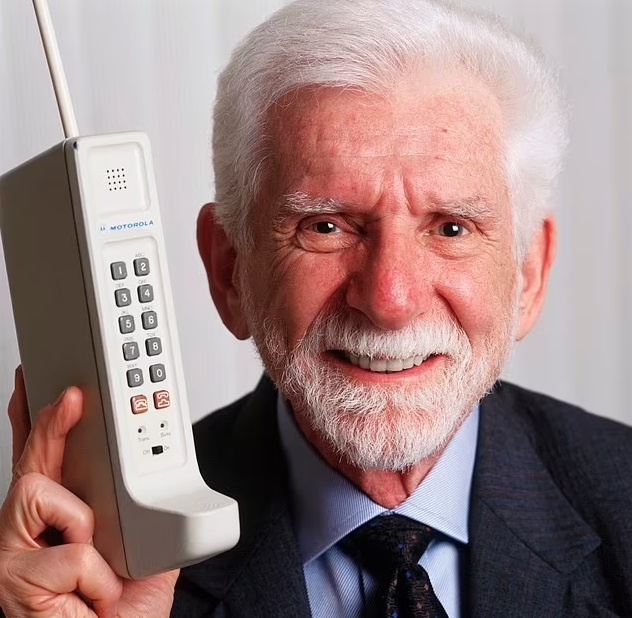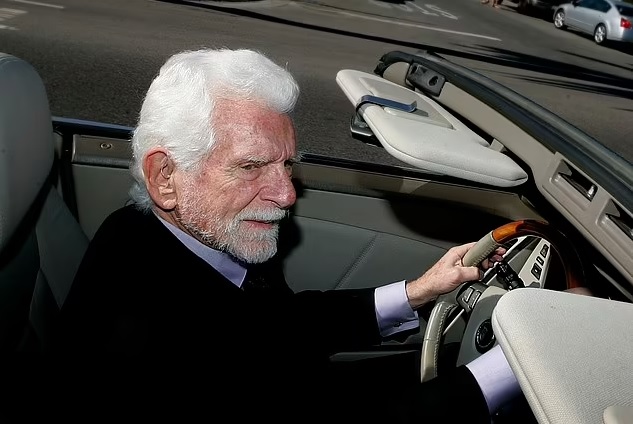The inventor of the world’s first cellphone has spoken out and urged people to “get a life” and stop spending so much time staring at the screen.
93-year-old Martin Cooper is an iconic engineer credited for inventing the Motorola DynaTAC 8000X, the world’s first wireless cellular device, back in 1973.
While Cooper, who used to work for Motorola for nearly three decades, invented a cellphone to stop people from being tied to certain places, like their homes or offices, for example, he now believes that people spend too much time on their phones.
“What would you say to anyone, like myself, who uses it for upwards of five hours?” BBC Breakfast host Jayne McCubbin asked the Chicago-based inventor in a recent interview.
Responding, Cooper said: “Do you really? You really spend five hours a day? Get a life!”
Cooper joined Motorola in 1954 following his graduation at the Illinois Institute of Technology and his first job at Teletype Corporation.
In the following years, the engineer helped invent various communications devices including police radios and car phones that were connected to the vehicles’ batteries.
Speaking of the unreliable car phones, he previously said: “They had one transmitter in a city, and a very limited amount of radio channels. The chances were one in 20 that you could make a phone call, that’s how bad that service was.”
To counter the problem of people being tied to certain places due to stationary phones, Cooper eventually also began working on a mobile phone while envisioning a device “small enough to put in your pocket, big enough so that it could go between your ears and your mouth.”
Following months of hard work in 1973, Cooper and his Motorola team invented what happens to be the world’s first wireless cellular device.
Their efforts paid off when Cooper managed to make his first cellphone call on April 3 that year.
“I said, ‘Joel, I’m calling you on a cellphone, but a real cellphone – a personal, handheld portable cellphone.’ Silence on the other end of the line,” he said as he recalled calling his competitor, Joel Engel, via his cellphone for the first time.
While the prototype only lasted for 25 minutes before the battery needed to be charged for ten hours, the invention sparked serious interest in mobile phones and ultimately led to the creation of modern-day cellphones.
What are your thoughts on this story? Let us know in the comments and don’t forget to SHARE this post with your family and friends. For more news and stories, follow us on Facebook!


